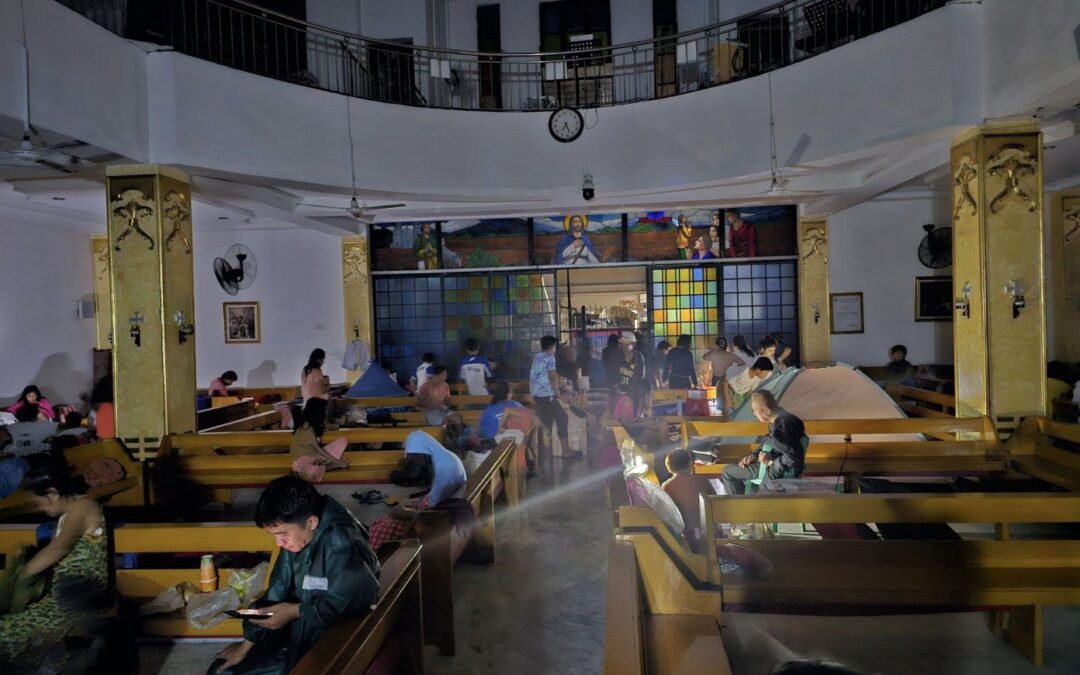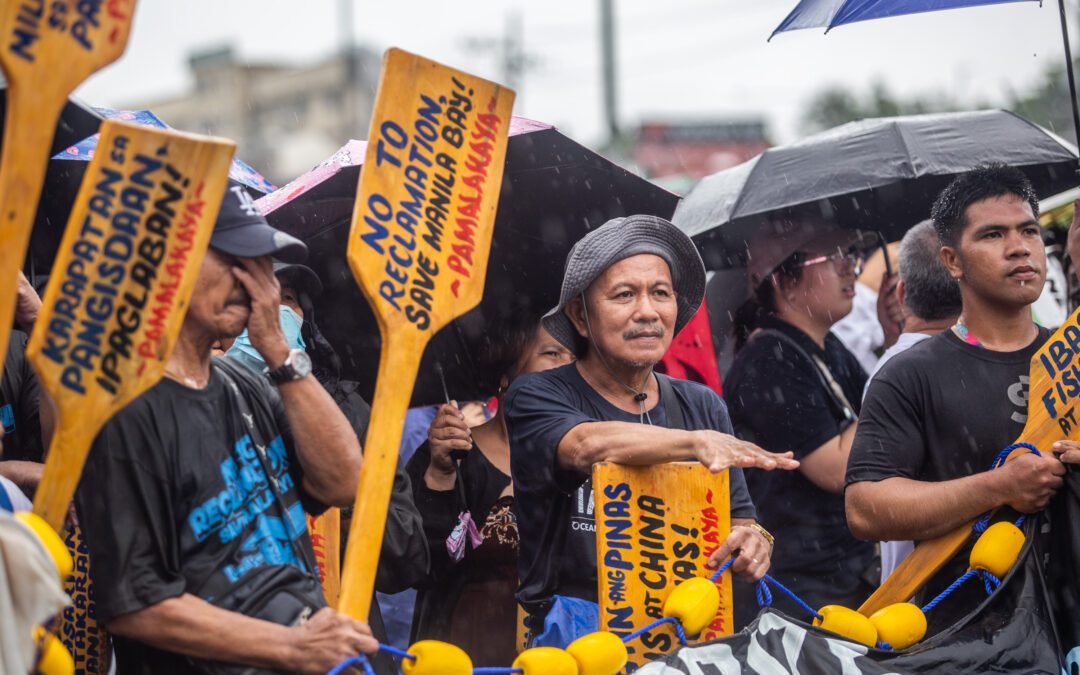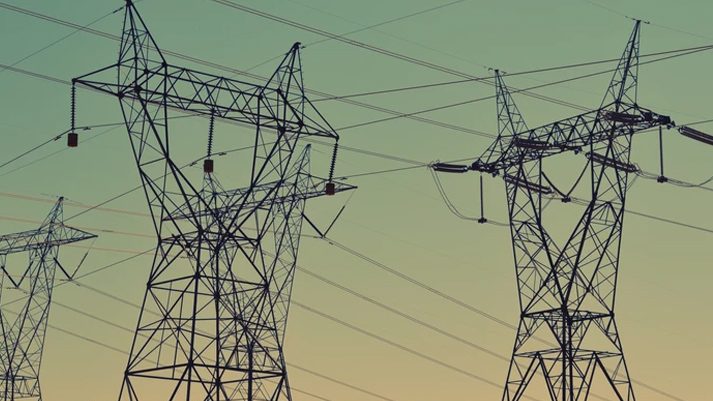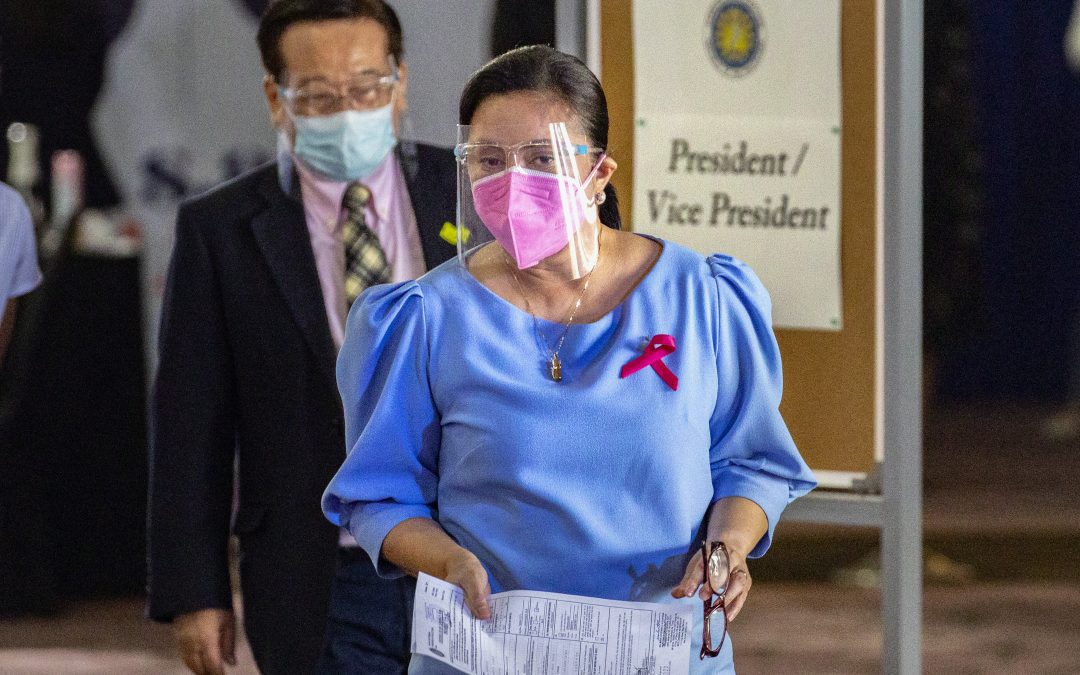The Diocese of Marbel in the southern Philippines warned against a “brewing massive destruction” that might be brought by mining operations as a coal project in the area starts.
“This coal mining operation will erase vast areas of agricultural lands, destroy the remaining watershed, and will cause massive and destructive flooding in Mindanao,” said Father Jerome Millan, social action director of the diocese, said on Sunday, November 6.
The priest said at least 40 heavy equipment have already been deployed in the remote mountain village of Ned, Lake Sebu town, in the province of South Cotabato since July.
Father Millan said dump trucks and earthmovers “have been operating non-stop” and “disturbing not just the communities but the productive lands and environment” in the village.
San Miguel Energy Corporation, a subsidiary of SMC Global Power holdings Corporation, has been acquiring and clearing vast tracts of lands in the Daguma mountain range in the provinces of South Cotabato and Sultan Kudarat.
Willy Perez, a 46-year-old resident of Ned, said the company is offering to buy lands at a hundred thousand pesos per hectare, “less 10 percent for middlemen or negotiators.”
“I am not selling my land for that price. It is not commensurate with the price of the land that we need to buy if we are going to relocate to other places,” he said.
In 2010, San Miguel Corporation purchased three companies – Daguma Agro Minerals Inc., Sultan Energy Philippines Corp., and Bonanza Energy Resources Inc. – holding mining contracts in the area.
The mine, which covers about 17,000 hectares, falls mostly within Ned village. It is estimated to yield at least 180 million metric tons of coal.
Bishop Cerilo Casicas of Marbel said the corporation will be mining brown coal, “the dirtiest kind of coal.”
The prelate said the mere extraction of coal “will critically affect the communities and the environment downstream.”
Bishop Casicas urged the national government “to reconsider” its decision to allow “destructive extraction projects” in Mindanao and other parts of the country.
“Soon, we will realize that we have committed a grave crime against humanity and all of Creation if we permit this project to proceed and destroy our source of life and livelihood,” he said.
The affected mountain range is the watershed source of Allah River, one of Mindanao’s biggest river systems and a major source of irrigation.
At least 54,452 hectares of fertile agricultural lands in the Allah Valley will be affected.






0 Comments